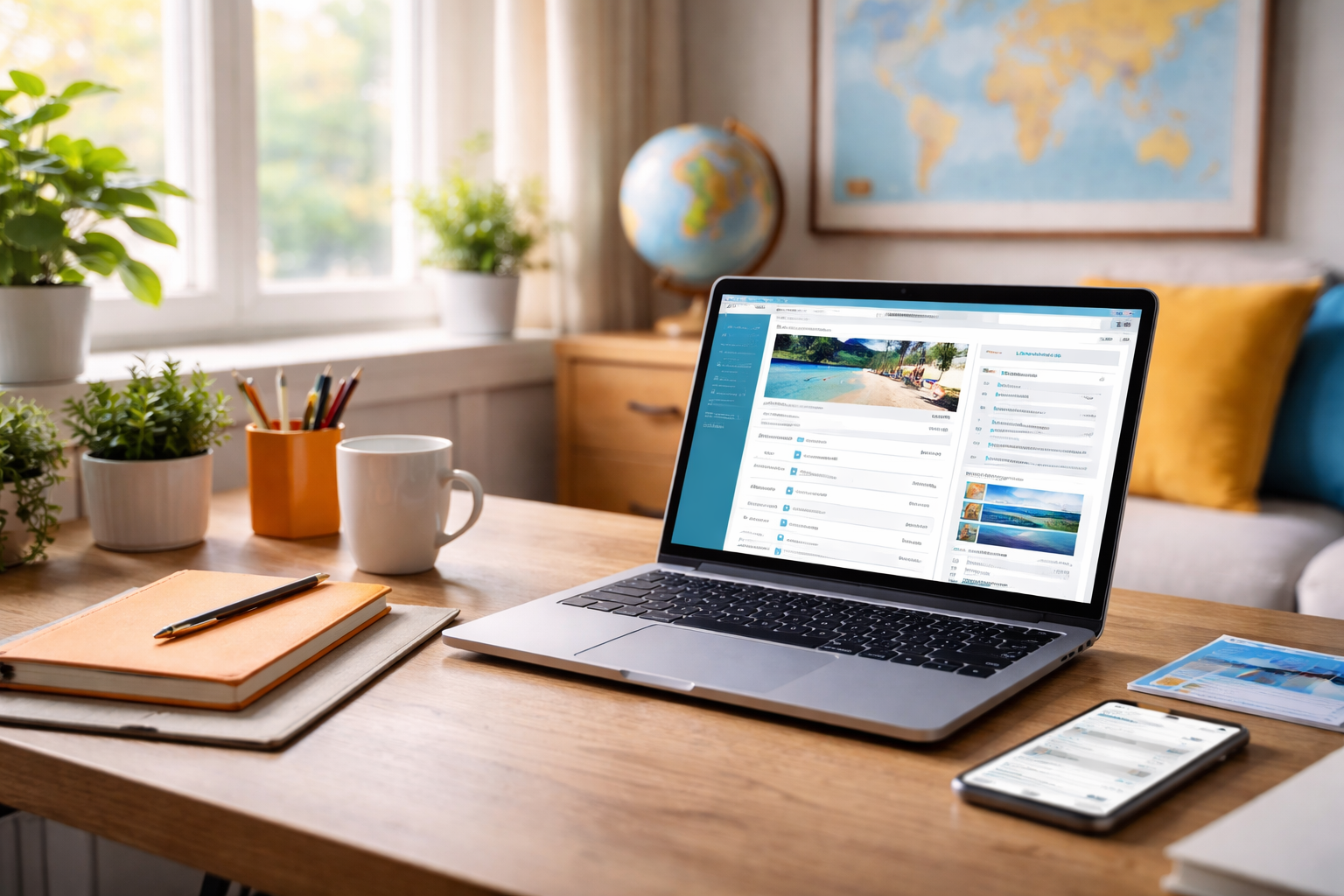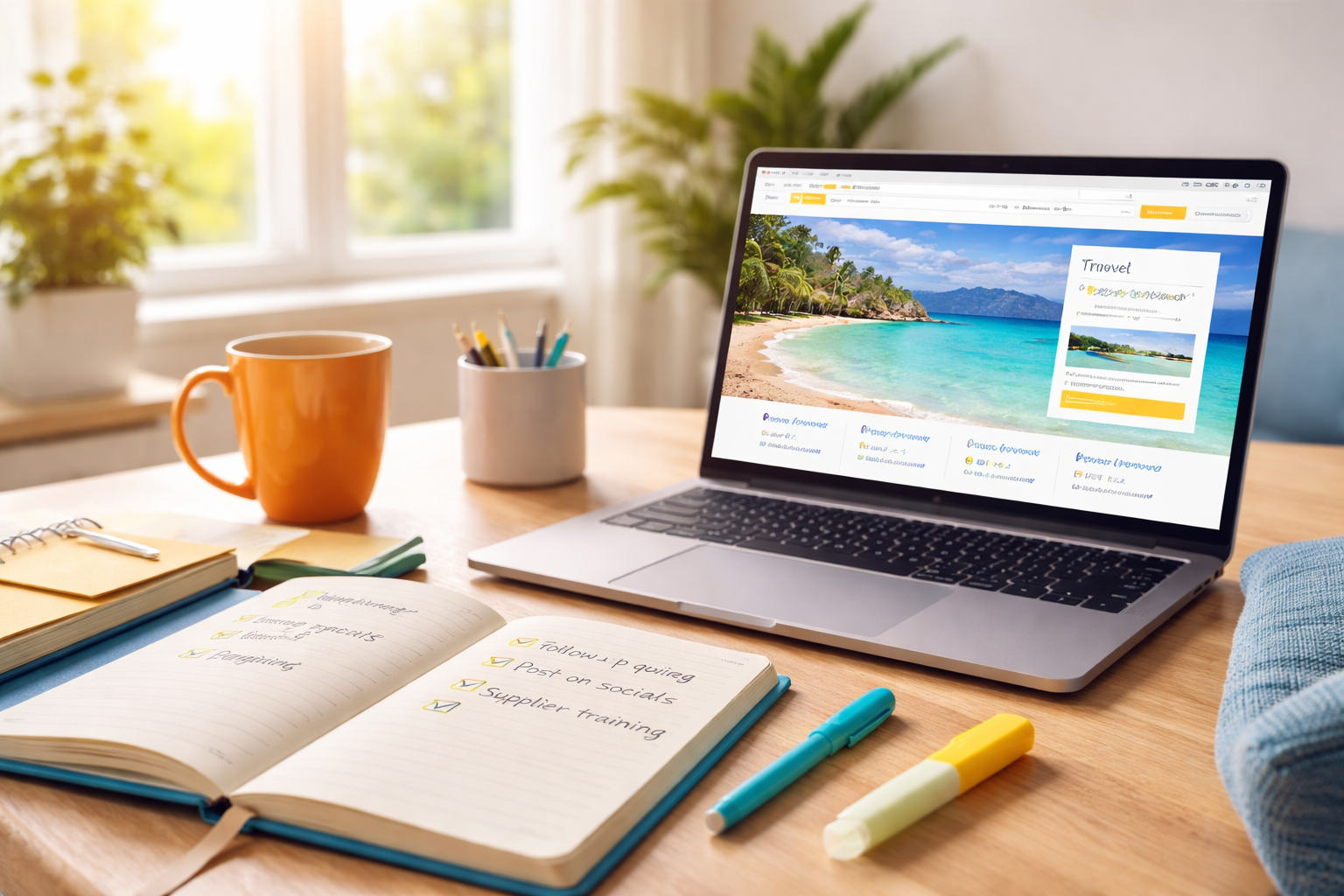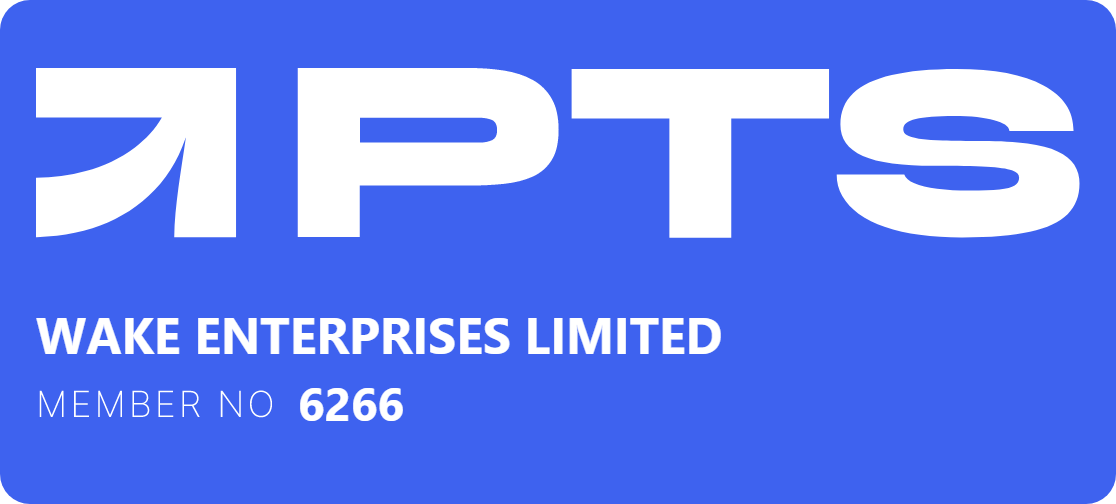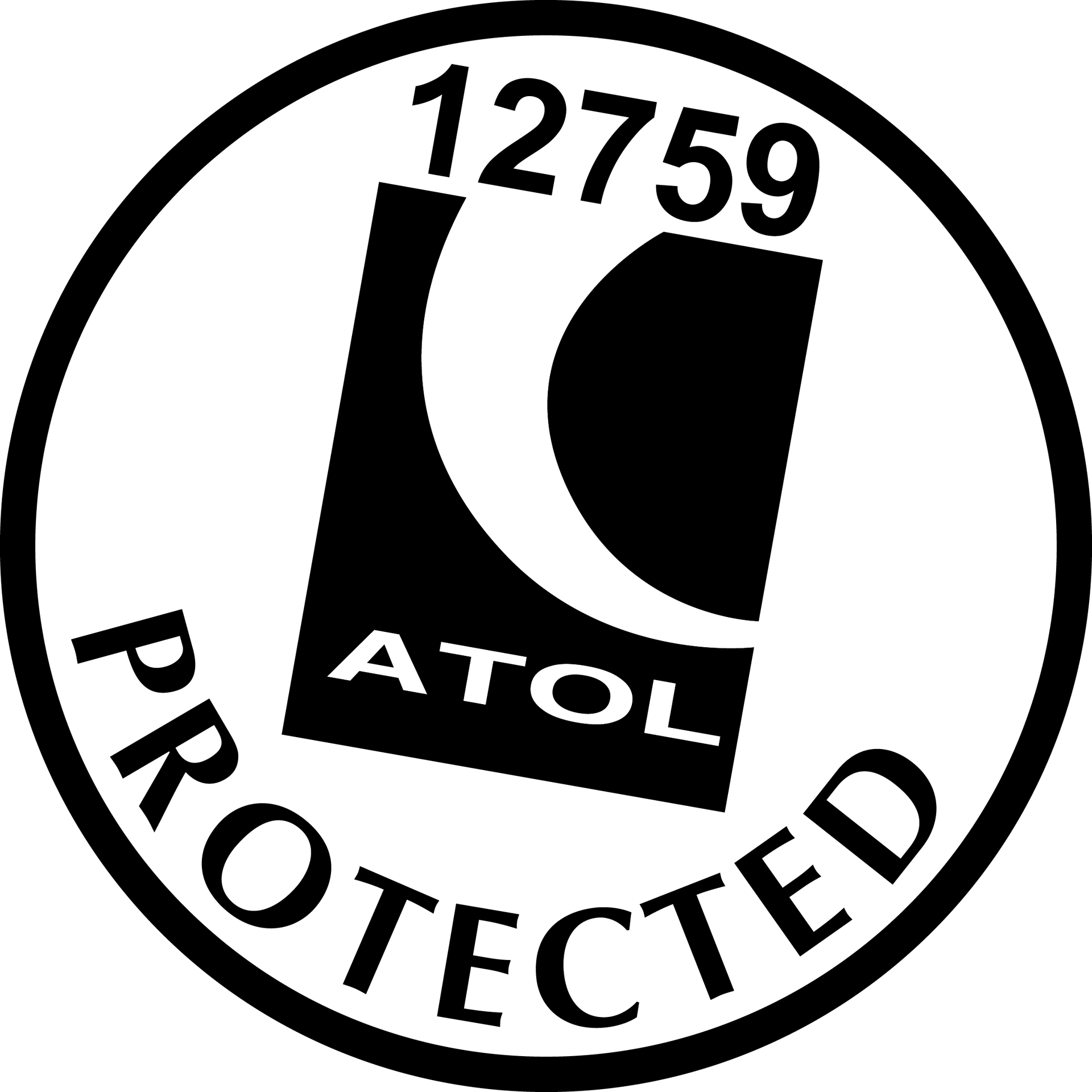Pinterest for Travel Homeworkers: Should You Be Using It?
Pinterest for Travel Homeworkers: Should You Be Using It?
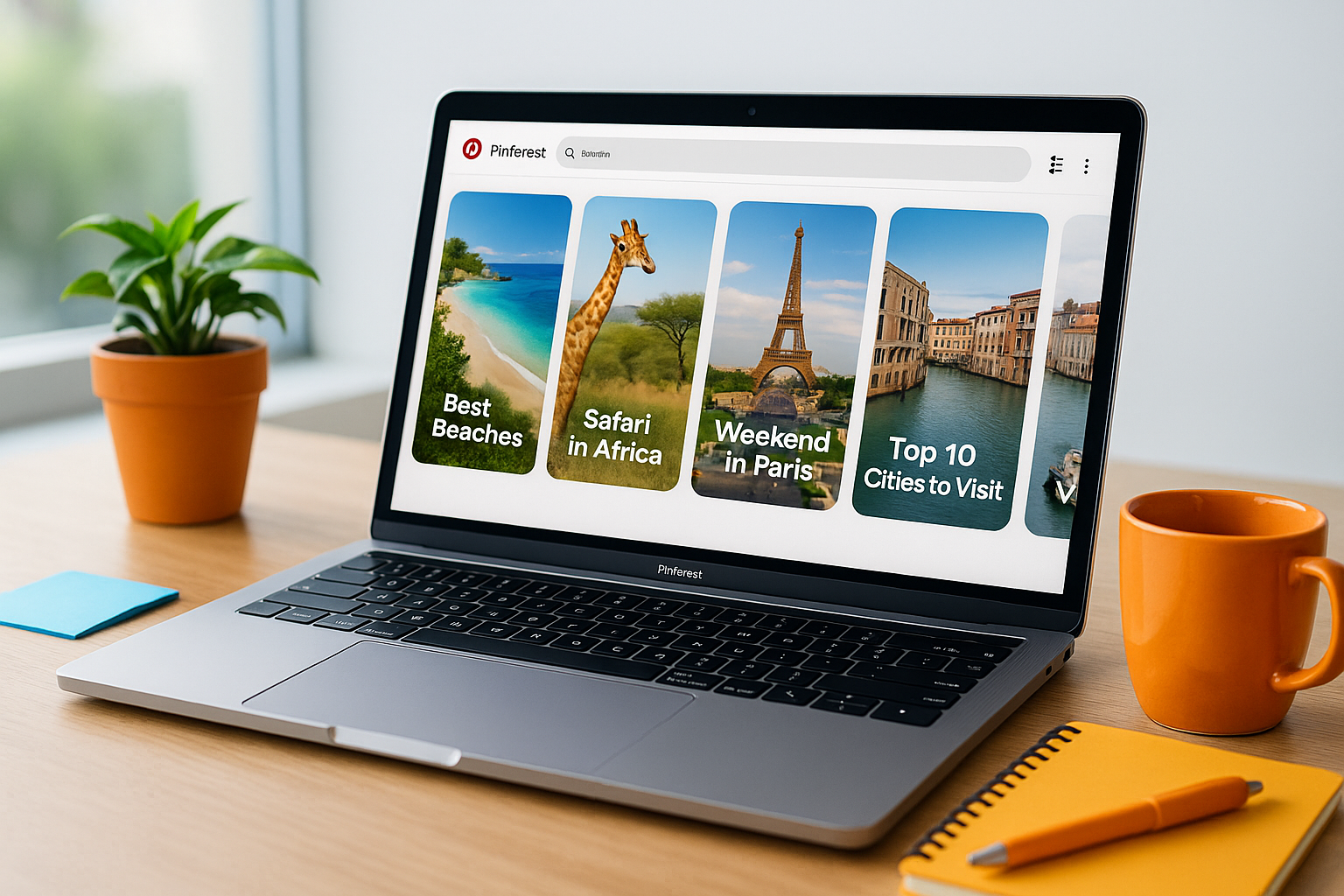
Pinterest for travel agents is often overlooked compared to Instagram, TikTok, or Facebook. Yet, this visual search engine has quietly become one of the most powerful tools for inspiring travellers, building brand awareness, and generating long-term enquiries. For homeworkers looking to stand out in a competitive market, Pinterest can be a game-changer — but only if used with the right strategy.
In this article, we’ll break down why Pinterest matters for travel agents, how it differs from other platforms, and the practical steps you can take to make it part of your client acquisition toolkit.
Why Pinterest Deserves a Place in Your Marketing
Pinterest is not just another social media app. Unlike Instagram or TikTok, which thrive on trends and instant engagement, Pinterest works like a visual search engine. Users actively go there to plan future purchases, events, and — crucially — holidays.
According to Pinterest’s own data, more than 450 million users search monthly for inspiration, and travel is one of the top-pinned categories. For a travel homeworker, this means you’re reaching people with a clear intent to book, not just passively scrolling.
And here’s the best part: Pins have a long shelf life. While Instagram posts often fade within 48 hours, a well-designed travel pin can generate traffic to your website for months, even years. That kind of evergreen marketing is priceless.
The Benefits of Pinterest for Travel Agents
So, why should you add Pinterest to your marketing strategy as a homeworker? Here are the core advantages:
- Long-term visibility: Pins are indexed and searchable for years, unlike short-lived social posts.
- Targeted inspiration: You’ll reach travellers in the planning stage, when they’re most open to new ideas.
- Website traffic: Every pin can link directly to your website, blogs, or enquiry forms.
- Niche positioning: Whether you specialise in luxury escapes, family holidays, or LGBT+ travel, you can create boards tailored to your ideal client.
- Visual authority: Professional pins show off your knowledge and style, helping build credibility and trust.
For travel homeworkers working with limited marketing time, Pinterest can quietly work in the background, delivering consistent enquiries while you focus on serving clients.
How to Get Started with Pinterest Marketing
If you’re new to Pinterest for travel agents, it’s best to start with the basics and scale up.
- Create a Business Account
This unlocks analytics, ads, and audience insights. You’ll be able to see which pins drive the most clicks and adjust accordingly. - Optimise Your Profile
Use your name and brand consistently. Add keywords like “Travel Agent” or your niche (“Luxury Safari Specialist” or “Cruise Expert”) to your bio so you show up in searches. - Build Themed Boards
Think like your ideal client: “Family Holidays in Spain”, “Romantic Escapes in the Maldives”, “Adventure Travel Ideas”. Each board should showcase your expertise and inspire travellers to save your content. - Design Eye-Catching Pins
Use tools like Canva to create vertical pins (1000 x 1500px) with bold colours, travel imagery, and simple text overlays. Branded pins increase recognition and professionalism. - Link to Your Website or Blog
Every pin should drive traffic somewhere valuable — a destination guide, your enquiry form, or a blog post. Unlike Instagram, links are clickable on every post. - Use Keywords Wisely
Pinterest SEO works much like Google. Add your keywords in pin titles, descriptions, and board names. For example, a pin called “Best LGBT+ Beaches in Europe” is more discoverable than one simply labelled “Summer Travel Ideas”.
Pinterest vs Other Platforms
It’s easy to wonder if you really need yet another platform. Here’s how Pinterest compares:
- Facebook: Great for community building, but your posts vanish quickly in busy feeds.
- Instagram: Strong for storytelling, but discovery is algorithm-driven and fleeting.
- TikTok: Excellent reach potential, but requires constant video creation.
- Pinterest: Searchable, evergreen, and perfect for evergreen holiday content.
For homeworkers who don’t want to be constantly on camera or chasing trends, Pinterest offers a calmer but highly effective alternative.
Practical Ideas for Travel Homeworkers
If you’re ready to dive in, here are some proven pin and board ideas:
- Destination Guides: “Top 10 Things to Do in Santorini” or “Where to Stay in Dubai.”
- Travel Tips: “Packing Guides for Family Holidays” or “How to Plan a Safari.”
- Seasonal Boards: “Summer Holiday Inspiration”, “Christmas Market Breaks.”
- Niche Focus: “LGBT+ Friendly Resorts”, “Accessible Travel Ideas”, “Adventure Holidays for Teens.”
- Client Success Stories: Share anonymised itineraries or trip highlights to showcase your expertise.
The goal is to position yourself as the expert who provides value first, making potential clients more likely to trust you when they’re ready to book.
Common Mistakes to Avoid
Many travel agents set up a Pinterest account and give up when they don’t see instant results. Remember, Pinterest is a long-game platform. Some common mistakes include:
- Posting only supplier stock images with no branding.
- Forgetting to add links back to your website.
- Using vague titles like “Dream Holidays” instead of keyword-rich ones.
- Expecting results in weeks rather than months.
Avoid these pitfalls and focus on steady, consistent pinning.
Jamie Says:
“Pinterest is often dismissed as a place for recipes and DIY projects, but for travel homeworkers it’s an underused goldmine. Think of it less as social media and more as a search engine — one that’s hungry for inspiring visuals. If you take the time to create branded, helpful pins, you’ll have content working for you long after you’ve logged out. That’s marketing power most platforms can’t match.”
Should You Be Using Pinterest?
The short answer is yes — if you want to attract clients who are actively planning their next adventure. Pinterest for travel agents is not about chasing likes or going viral. It’s about building a consistent presence that keeps paying off long into the future.
As a homeworker, your time is precious. Pinterest’s evergreen, searchable nature means you can create content once and see enquiries months later. Compared to the daily grind of other platforms, that’s a powerful return on investment.
Final Thoughts
For The Independent Travel Consultants, Pinterest is another way to empower homeworkers to build their businesses without burning out on social media trends. By using Pinterest strategically — with keyword-rich pins, inspiring boards, and strong links back to your website — you can create a steady stream of potential clients who are already dreaming of their next holiday.
If you haven’t already, now is the time to explore Pinterest as part of your marketing toolkit. It could be the visual engine that powers your travel business forward.
About Jamie Wake
Jamie is the founder of The Independent Travel Consultants and a passionate advocate for empowering others to succeed in the travel industry through honesty, training, and community. He brings decades of travel experience, a focus on doing things differently, and a strong commitment to supporting UK-based homeworkers.







